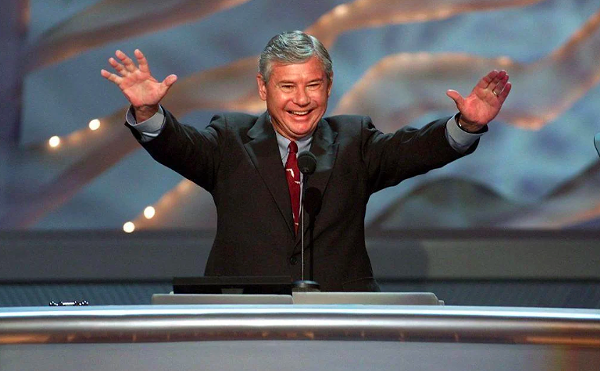As somebody who works and writes for a local weekly, the one thing I’m blown away by when reading any narrative about publishing, or advertising, or journalism in the ’60s (and ’70s ) is the sheer amount of drinking that used to take place in the daytime at such places of work.
As Clift writes:
The reality for most single working women was, of course, much more prosaic. A former Newsweek Researcher recalls two of her colleagues being dispatched to a nearby bar to order martinis for the male writers and bring them back in paper cups stashed in their purses. The drink of choice was the martini, which former Newsweek Writer Peter Goldman recalls being served in “glasses the size of birdbaths.” The three-martini lunch was real, not just an expression. How could anyone write after consuming so much alcohol? Another former Newsweek Writer would say, “The great thing about this job is you can do it drunk.” Goldman recalls returning from the magazine’s traditional Friday-night dinners “lightly buzzed—it was relaxing, like a Valium.”
Don Draper would have felt right at home at Newsweek. While I don’t recall any of the top editors having a bar in his office, a couple of the writers had bottles secreted in their bottom desk drawer.
I’m not naive, but I never realized to what extent this took place until years ago when I read Michael MacCambridge's fascinating 1997 book about the evolution of Sports Illustrated.
Apparently back in the day, the legendary editor Andre Laguerre and his staff spent almost as much of their working days in bars near the Time & Life Building as they did in front of their typewriters.
"Andre drank Scotch and water and he drank a lot of 'em,'' famed golf and NFL writer Dan Jenkins said in the book. ''But he never got drunk. I don't think any of us got drunk — we just got brilliant. More good story ideas came out of the bar than anywhere.''
Newsweek also scores by having its advertisers dust off visuals from old accounts, or go retro for the hell of it.
But nothing epitomizes the rollicking three-martini lunch ethic of that time better than Christopher Buckley's essay "The perfect martini."
In the piece, Buckley summarizes all of what made martinis the ultimate hip drink of the early ’60s, which was enshrined when Sean Connery as James Bond said immortally, “Vodka martini. Shaken, not stirred." But he ends with this story that is a bit shocking, and also indicative of the fact that yeah, drinking copious amounts of booze will fuck you up.
A memorable scene in Evan Thomas’s fine biography of the legendary Washington lawyer Edward Bennett Williams: Williams is meeting with his prospective client Bobby Baker, the disgraceful D.C. lobbyist-operator of his day. The two alpha males could hardly resist the usual pecker-flexing as they sized each other up. One martini led to another. And another. Finally each had downed—10. Pause for a moment to consider that formidable tally: 10. They shook hands, Williams went to his car, parked in the basement, and drove it through the garage door.
A quintessential Martini moment. Don’t let them see the bottom of the glass.
Some people mourn how people now drink water at lunch, and heaven forbid, are into working out.
I actually honor our forebears who were able to consume mass quantities of booze and then were productive in the office — if in fact, they were, rather than wanting to take a nap.
Some people have accused Newsweek of selling out to a popular television show with the theme of this week's issue. Maybe so, but it's a good issue, with good articles by David Frum on George Romney and Nick Summers on how ad men are using the Internet to test their products. And with their partnership with the Daily Beast, the magazine has a business model that is keeping the venerable newsweekly viable — for now, anyhow.

















